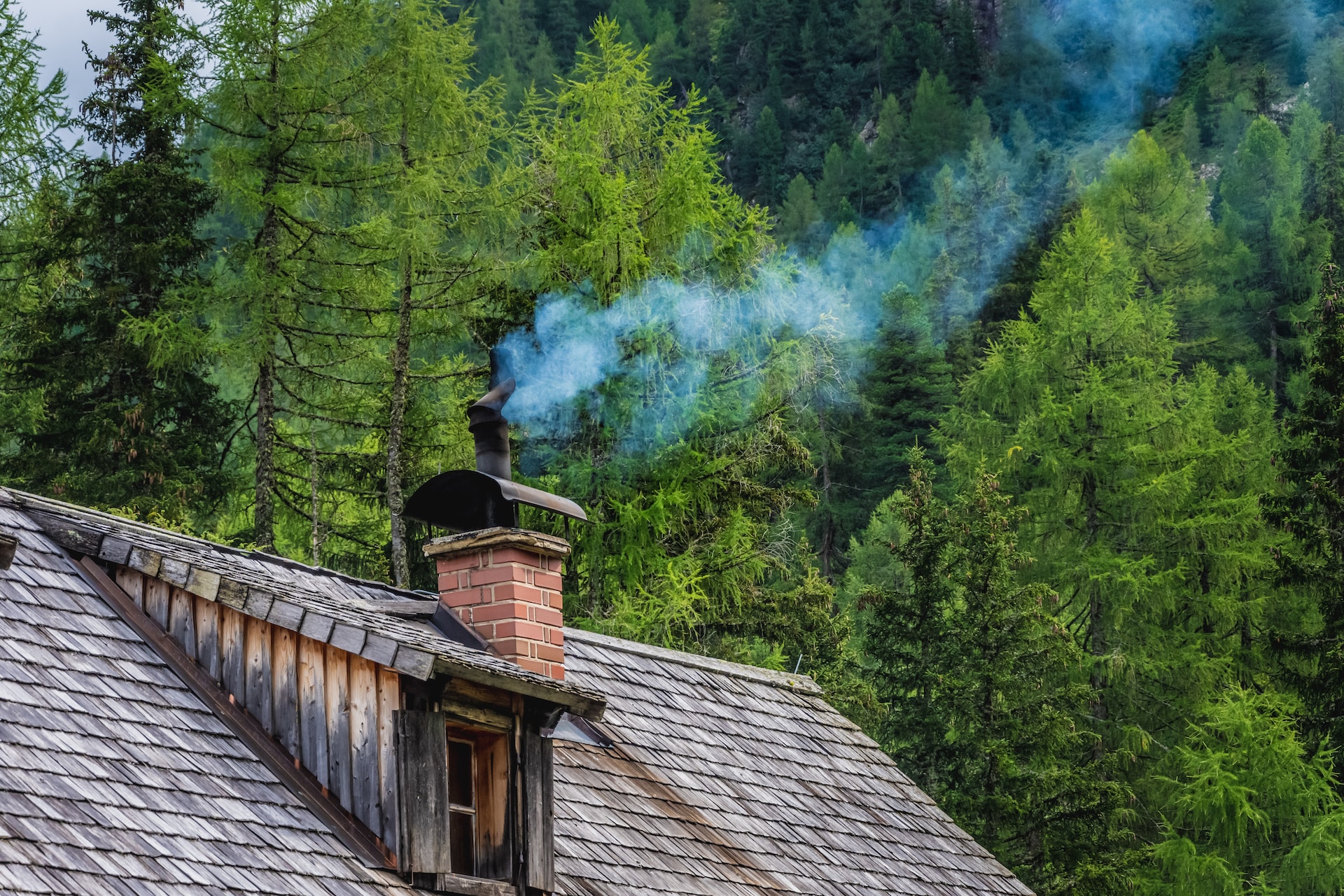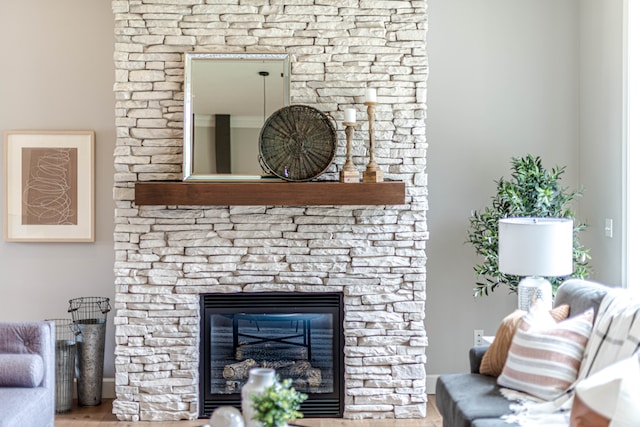How to Prepare for the Heating Season: A Comprehensive Guide

As the colder months approach, preparing your home for the heating season becomes essential to ensure comfort, safety, and energy efficiency. Taking steps to ready your heating system and home can save you money, reduce your carbon footprint, and prevent unexpected breakdowns during winter. Below is a comprehensive guide to help you prepare.
1. Inspect and Maintain Your Heating System
Your heating system is the heart of your home's comfort during the colder months. Ensuring it functions properly is crucial.
- Schedule a Professional Inspection: Hire a licensed HVAC professional to perform a complete inspection. This will include checking for leaks, cleaning filters, and ensuring that all parts, such as motors and blowers, are functioning efficiently.
- Replace Filters: Dirty filters can restrict airflow and make your system work harder, increasing energy usage and costs. Replace or clean the air filters at the start of the season and then regularly throughout the winter.
- Test Your Thermostat: A malfunctioning thermostat can lead to uncomfortable indoor temperatures. Consider upgrading to a programmable thermostat, which can help you better control your home's temperature and reduce energy consumption.
2. Seal Windows and Doors
Preventing drafts is key to keeping your home warm and reducing energy waste.
- Check for Drafts: Inspect windows and doors for any gaps or cracks where cold air can seep in. Use caulking to seal these areas or install weatherstripping around doors to minimize heat loss.
- Install Storm Windows: If you have single-pane windows, consider adding storm windows, which provide an extra layer of insulation.
- Use Heavy Curtains: Hanging thick, insulated curtains over windows can further block drafts and help retain heat within your home.
3. Inspect and Clean the Chimney
If your home uses a fireplace, proper chimney maintenance is critical for both safety and efficiency.
- Schedule a Chimney Sweep: Over time, soot and creosote can accumulate, creating a fire hazard. A chimney sweep can remove these buildups and ensure your chimney is functioning safely.
- Inspect the Chimney Cap: Ensure the chimney cap is in good condition to prevent debris, animals, or rain from entering.
4. Improve Insulation
Insulating your home helps trap heat and reduce the workload on your heating system.
- Check Attic and Basement Insulation: The attic and basement are common areas where heat can escape. Ensure these spaces are adequately insulated. Adding insulation to your attic can significantly reduce heat loss.
- Insulate Ductwork: If your heating system uses ductwork, insulate the ducts to prevent heat loss, especially in unheated spaces like the attic or basement.
5. Check Carbon Monoxide and Smoke Detectors
Safety is paramount during the heating season, particularly with appliances like furnaces and fireplaces that burn fuel.
- Test Detectors: Ensure that both carbon monoxide and smoke detectors are functioning properly. Replace batteries and check that the units are not expired.
- Install Additional Detectors: If you don't already have carbon monoxide detectors in place, install them near sleeping areas and on each floor of your home.
6. Reverse Ceiling Fans
Ceiling fans aren't just for summer; they can help keep your home warm in winter.
- Reverse the Fan's Direction: In the winter, switch your ceiling fan to run clockwise at a low speed. This pushes warm air down from the ceiling, helping to distribute heat more evenly throughout the room.
7. Clean Vents and Radiators
Blocked vents and radiators can reduce heating efficiency and make rooms feel colder.
- Clear Obstructions: Make sure vents and radiators are not blocked by furniture, curtains, or other items that may restrict airflow.
- Dust Regularly: Dust buildup on vents and radiators can reduce heat output. Clean them regularly to ensure optimal performance.

8. Prepare for Emergencies
Winter weather can be unpredictable, so it's important to be ready for emergencies.
- Stock Up on Supplies: Keep a supply of essentials, such as food, water, blankets, and flashlights in case of a power outage. If you rely on electric heating, consider having a backup source, such as a portable heater or fireplace.
- Have a Plan for Power Outages: Know where to go or how to keep warm if your heating system fails or the power goes out. Portable generators can be useful but should always be operated outdoors to prevent carbon monoxide poisoning.
Conclusion
Preparing for the heating season involves a mix of safety checks, maintenance, and energy-saving measures. By taking proactive steps now, you can avoid costly repairs, ensure your home stays warm, and reduce your energy consumption. Make sure to perform regular maintenance on your heating system, insulate your home, and ensure that safety measures like smoke and carbon monoxide detectors are in place for a safe and comfortable winter season.